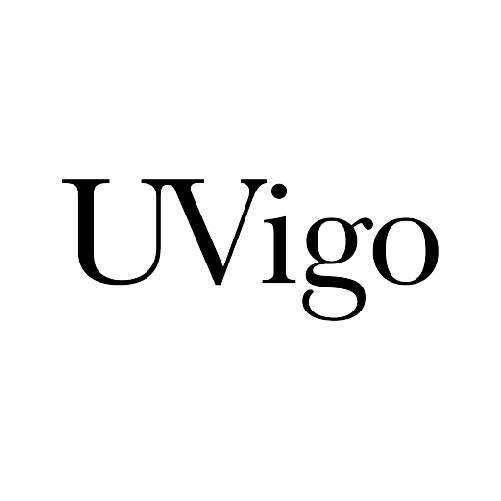 801-900
801-900 


Founded in 1989, the Universidade de Vigo is a young, modern and public university that has been forging, in recent years, an impressive reputation, both nationally and internationally. Spread across three campuses in southern Galicia, in the cities of Vigo, Ourense and Pontevedra, it aims at excellence in education and research and provides the ideal learning environment for its around 20.000 students. Universidade de Vigo places internationalization at the very centre of its strategy. It has excellent connections to many foreign universities and provides local and international students and staff with a great number of exchange programs . International students can choose their stay at Universidade de Vigo according to their preferences: full-degree, exchange or visiting students. It offers a wide range of Bachelor’s and Master’s programs as well as PhD courses in all areas of knowledge that include a large selection of subjects held in English. In addition, Bachelor's Degree in Telecommunication Technologies Engineering and Bachelor’s Degree in Industrial Technologies Engineering are almost entirely taught in English. Universidade de Vigo is also renowned for its international research centres with more than 1,900 researchers currently working in them. There are four major research centres focusing on Marine Research, IT and Communications, Technologies, Energy and Industrial Processes and Biomedical Research. The University also leads Campus do Mar, an International Excellence Programme awarded by the Spanish Ministry for Education, bringing together socio-economic agents and around 3,000 researchers in the marine field from the Galicia-Northern Portugal Euroregion. In 2022, it attracted around 32 million euros in funding for its research programmes and the three campuses feature no less than 30 research and training centres as well as sports and leisure facilities and an ongoing programme of cultural events. Universidade de Vigo prides itself on deeply held, positive values, based on transparency and good management, integration, equality, diversity and respect for the environment. Universidade de Vigo has been widely recognised in numerous national and international ranking systems, including the prestigious CWTS Leiden Ranking which rates universities around the world based on the number of academic papers published as well as scientific and industry collaborations. The University now ranks high in the Academic Ranking of World Universities (ARWU) regarding Food Science and Technology as well as Oceanography, and Telecommunications Engineering. In 2023, Universidade de Vigo has been ranked the most transparent Spanish university in the Dynamic Transparency Index (Dyntra) for embracing values of transparency. It is also worth mentioning that its societal impact has been highly considered by Times Higher Education based on the UN’s Sustainable Development Goals framework, standing out in relation to SDG 4 (quality education), SDG 7 (affordable and clean energy) and SDG 9 (industry, innovation and infrastructure). Campus locations Universidade de Vigo is located in the south of Galicia, in the Northwest of Spain. Galicia has a population of approximately 2,700,000 inhabitants and borders Portugal to the south. We enjoy our own language and culture. You will love to get to know Galicia! Our university has three campuses in Ourense, Pontevedra and Vigo. Ourense Campus is about 95 km to the East of Vigo. Schools and faculties are integrated in the city, where everything is close and you can move around on foot. Pontevedra Campus is about 30 km to the North of Vigo. The main campus is on the outskirts of the city, but well connected, a 12-minute walk from the city centre. Vigo Campus is the main campus of the university. It is located about 12 km from the city and has many buildings made by famous architects. Besides, there are two schools downtown. Located in the centre of the Ría de Vigo, Vigo is the largest city in Galicia with 300,000 inhabitants.
 801-900
801-900 
| Subject | Rank |
|---|---|
Food Science & Technology | 34 |
Oceanography | 51-75 |
Agricultural Sciences | 201-300 |
Atmospheric Science | 301-400 |
Biotechnology | 301-400 |
Business Administration | 301-400 |
Earth Sciences | 401-500 |
Ecology | 401-500 |